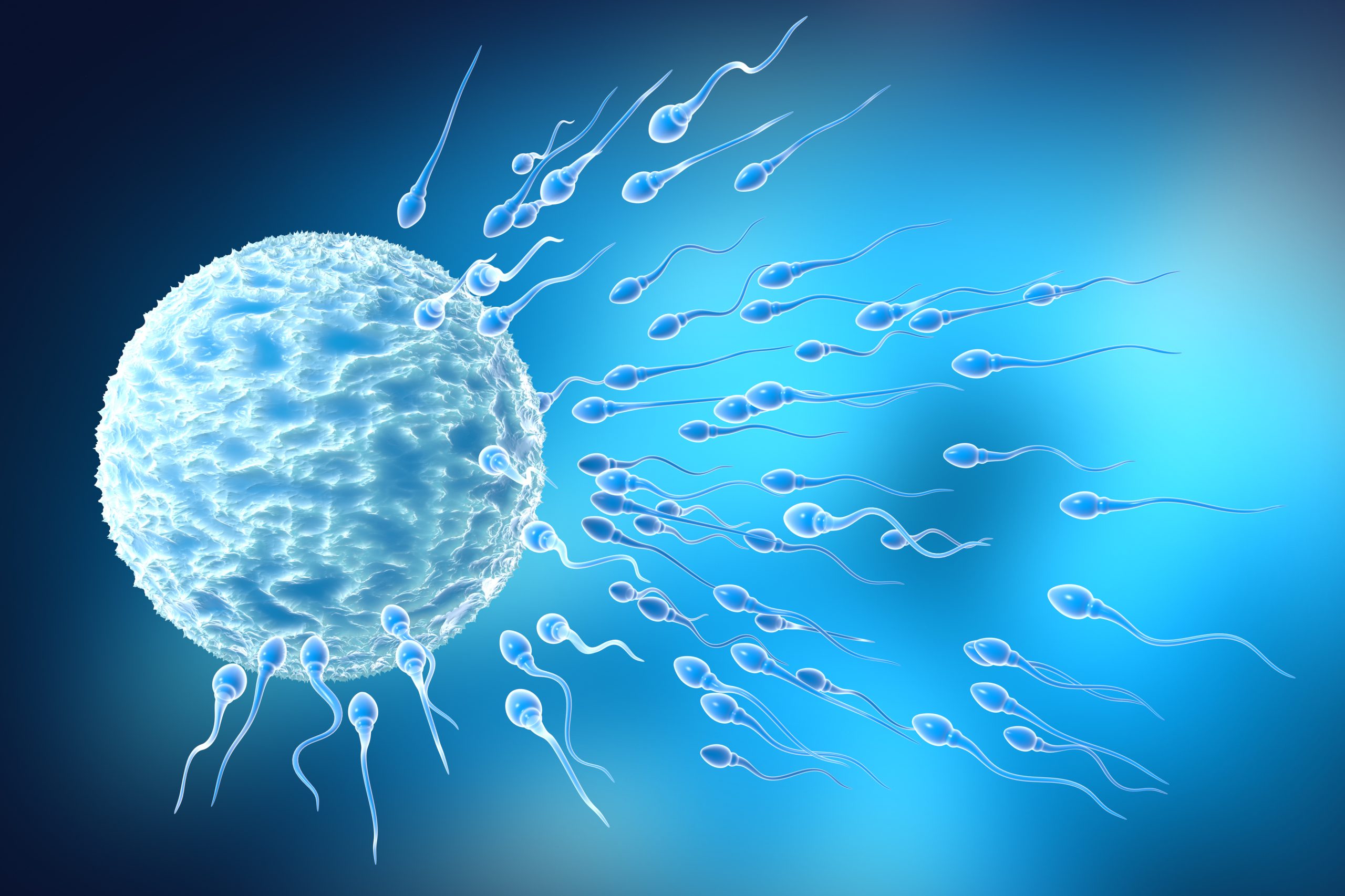Lifestyle
Alarm As Research Shows Deterioration of Sperm Quality in Men As Young As 30
The assumption that men can indefinitely postpone having children without consequences has been definitively disproven.

New study reveals shocking rise in disease-causing mutations, forcing aspiring fathers to rethink family planning timeline
The biological clock isn’t just ticking for women anymore. Groundbreaking research published this month in Nature journal has sent shockwaves through the medical community, revealing that men as young as 30 are already experiencing significant deterioration in sperm quality, dramatically increasing the risk of passing deadly genetic mutations to their children.
The findings are stark and unsettling.
Scientists analyzing over 1,000 sperm samples from 81 men discovered that one in every 50 sperm samples from healthy men in their early thirties already carries harmful mutations capable of causing serious health disorders in offspring, including cancer and autism.
This isn’t just a minor uptick; it’s a red flag that experts say has been overlooked for far too long while all attention focused on maternal age.
What makes this research particularly alarming is that the risk doesn’t plateau. By the time men reach their mid-forties, that mutation rate nearly doubles, climbing to between three and five percent. Men in their seventies showed a staggering 4.5 percent of their sperm carrying these genetic time bombs.
But here’s where it gets truly disturbing. These mutations aren’t simply the result of DNA wearing down over time like an old photocopy.
The UK-based research team discovered something far more sinister: a natural selection process occurring within the testes itself that actually gives certain harmful mutations a reproductive advantage.
The body, in essence, is inadvertently promoting the very genetic errors that could harm the next generation.
The implications are profound.
While society has long accepted that women face fertility challenges and increased risks as they age, the myth of limitless male fertility has persisted.
This research obliterates that comfortable fiction.
The study identified 40 genes, including 31 newly discovered ones, undergoing this troubling selection process, affecting diverse cellular pathways crucial to healthy development.
Timing couldn’t be more critical.
This revelation comes as more couples worldwide are delaying parenthood into their thirties and beyond for career and financial reasons. The research suggests these decisions may carry hidden costs that prospective parents never considered when planning their families.
Adding to the crisis, global sperm counts have plummeted by over 60 percent since the 1970s, with the decline accelerating at roughly one percent annually since 2000.
African men, including Kenyans, aren’t immune to this trend.
A 2022 review documented deteriorating sperm volume and quality dating back to 1965, driven by sexually transmitted infections, hormonal imbalances, obesity, stress, alcohol, smoking, and exposure to pesticides and industrial chemicals.
The researchers emphasize that not every harmful mutation results in pregnancy. Some trigger miscarriages, prevent fertilization entirely, or stop embryonic development.
But for those that do lead to successful pregnancies, the consequences can be devastating and lifelong.
Medical experts are now calling for urgent expanded research to track how these rising mutation rates translate into actual health outcomes for children.
They’re also demanding a fundamental shift in how we discuss reproductive health, insisting that both maternal and paternal age must be considered equally when assessing risk factors for birth defects and developmental disorders.
For men contemplating fatherhood, the message is clear: the younger, the better.
The assumption that men can indefinitely postpone having children without consequences has been definitively disproven. The biological clock, it turns out, ticks for everyone.
Kenya Insights allows guest blogging, if you want to be published on Kenya’s most authoritative and accurate blog, have an expose, news TIPS, story angles, human interest stories, drop us an email on [email protected] or via Telegram
-

 Lifestyle3 days ago
Lifestyle3 days agoThe General’s Fall: From Barracks To Bankruptcy As Illness Ravages Karangi’s Memory And Empire
-

 Grapevine7 hours ago
Grapevine7 hours agoAlleged Male Lover Claims His Life Is in Danger, Leaks Screenshots and Private Videos Linking SportPesa CEO Ronald Karauri
-

 Americas1 week ago
Americas1 week agoEpstein Files: Bill Clinton and George Bush Accused Of Raping A Boy In A Yacht Of ‘Ritualistic Sacrifice’
-

 Business1 week ago
Business1 week agoCooking Fuel Firm Koko Collapses After Govt Blocks Sh23bn Carbon Deal
-

 Business1 week ago
Business1 week agoABSA BANK IN CRISIS: How Internal Rot and Client Betrayals Have Exposed Kenya’s Banking Giant
-

 Business6 days ago
Business6 days agoKRA Can Now Tax Unexplained Bank Deposits
-

 Investigations5 days ago
Investigations5 days agoEpstein Files: Sultan bin Sulayem Bragged on His Closeness to President Uhuru Then His Firm DP World Controversially Won Port Construction in Kenya, Tanzania
-

 News7 days ago
News7 days agoAUDIT EXPOSES INEQUALITY IN STAREHE SCHOOLS: PARENTS BLED DRY AS FEES HIT Sh300,000 AGAINST Sh67,244 CAP













